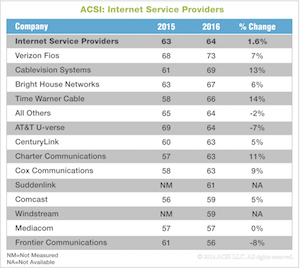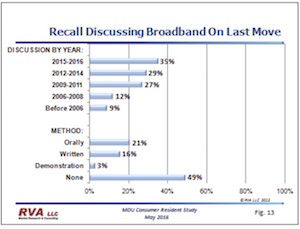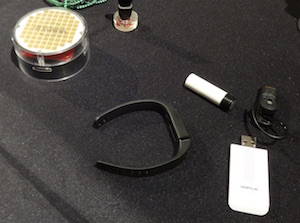WiFi is worth more to the economy than congress thinks, FCC commission says
![By Boris Veldhuijzen van Zanten from Amsterdam, Netherlands (Slurpr Prototype Photos) [CC BY-SA 2.0 (https://creativecommons.org/licenses/by-sa/2.0)], via Wikimedia Commons](https://www.tellusventure.com/images/2016/6/slurpr_prototype.jpg)
What’s the value of free? That’s the question that FCC commissioner Jessica Rosenworcel is asking as she pushes for more WiFi – i.e. unlicensed and available to everyone at no cost – spectrum to be allocated. The core problem, as she sees it, is that congressional analysts don’t understand what freely available spectrum is worth to the U.S. economy…
… MoreTraditionally, the legislative process has overlooked the value of the unlicensed spectrum and favored licensed spectrum.

![By NASA [Public domain], via Wikimedia Commons](https://www.tellusventure.com/images/2016/6/mercury.jpg)
![By Gigillo83 [GFDL (https://www.gnu.org/copyleft/fdl.html) or CC-BY-SA-3.0 (https://creativecommons.org/licenses/by-sa/3.0/)], via Wikimedia Commons](https://www.tellusventure.com/images/2016/6/offside_lane_closed.jpg)

![By Jorge Barrios (Own work) [GFDL (https://www.gnu.org/copyleft/fdl.html) or CC BY 3.0 (https://creativecommons.org/licenses/by/3.0)], via Wikimedia Commons](https://www.tellusventure.com/images/2016/6/thread.jpg)




![By Heisenberg Media (Flickr: Elon Musk - The Summit 2013) [CC BY 2.0 (https://creativecommons.org/licenses/by/2.0)], via Wikimedia Commons](https://www.tellusventure.com/images/2016/6/elon_musk.jpg)